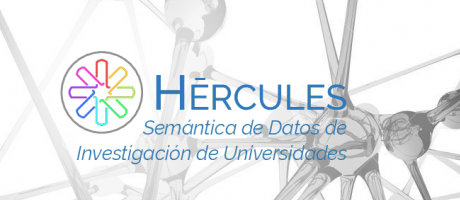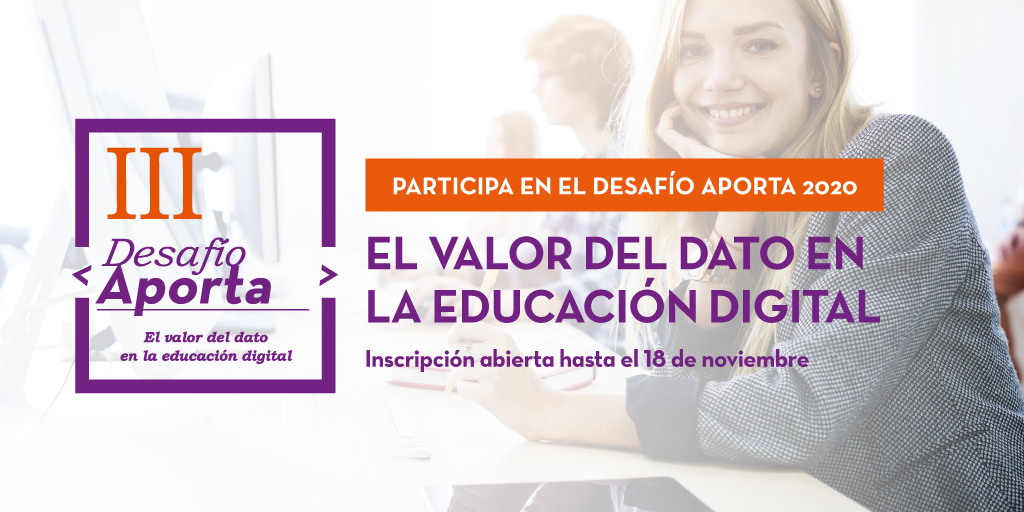11 posts found
Big Data Test Infrastructure: A free environment for public administrations to experiment with open data
The Big Data Test Infrastructure (BDTI) is a tool funded by the European Digital Agenda, which enables public administrations to perform analysis with open data and open source tools in order to drive innovation.
This free-to-use, cloud-based tool was created in 2019 to accelerate d…
Segment Anything Model: Key Insights from Meta's Segmentation Model Applied to Spatial Data
Image segmentation is a method that divides a digital image into subgroups (segments) to reduce its complexity, thus facilitating its processing or analysis. The purpose of segmentation is to assign labels to pixels to identify objects, people, or other elements in the image.
Image segmentation is c…
European Webinars: Monitoring Climate Change and Digital Development with Open Data
The "Stories of Use Cases" series, organized by the European Open Data portal (data.europe.eu), is a collection of online events focused on the use of open data to contribute to common European Union objectives such as consolidating democracy, boosting the economy, combating climate change, and driv…
Vinalod: The tool to make open datasets more accessible
Public administration is working to ensure access to open data, in order to empowering citizens in their right to information. Aligned with this objective, the European open data portal (data.europa.eu) references a large volume of data on a variety of topics.
However, although the data belong to di…
What are the advantages of participating in a hackathon or data-related competition like the Aporta Challenge?
Hackathons, contests or challenges related to data are a different way to test your ideas and/or knowledge, while acquiring new skills. Through this type of competition, solutions to real problems are sought, often in multidisciplinary teams that share diverse knowledge and points of view. In additi…
Hercules-ASIO Initiative. Integration, publication and consultation of linked open research data.
The Hercules initiative was launched in November 2017, through an agreement between the University of Murcia and the Ministry of Economy, Industry and Competitiveness, with the aim of developing a Research Management System (RMS) based on semantic open data that offers a global view of the research…
How to contribute to improving digital education through the Aporta Challenge
The Aporta Challenge, in line with many other initiatives promoted by public administrations, could not be unaware of the great challenges we are facing in this year 2020. For this reason, its third edition, while fulfilling its usual objective of promoting the use of data and related technologies,…
Pubby and LODI, opening linked data to humans
An important part of the data which is published on the Semantic Web, where resources are identified by URIs, is stored within triple store databases. This data can only be accessed through SPARQL queries via a SPARQL endpoint.
Moreover, the URIs used, usually designed in a pattern, in most of the d…
Linked Open Vocabularies (LOV)
One of the main barriers to the deployment of linked data is the difficulty that data editors have to determine which vocabularies to use to describe their semantics. These vocabularies provide the "semantic glue" that allows simple data to become "meaningful data".
Linked Open Vocabularies (LOV)…
The Aporta Challenge moves on to the 2nd phase after selecting the 10 best ideas of the 45 presented
The first phase of the Aporta Challenge 2017: The value of data for the Administration has come to an end. The competition "How to reuse open data to improve efficiency in public administration", promoted by the State Secretariat for the Information Society and Digital Agenda, the Public Body Red.es…









